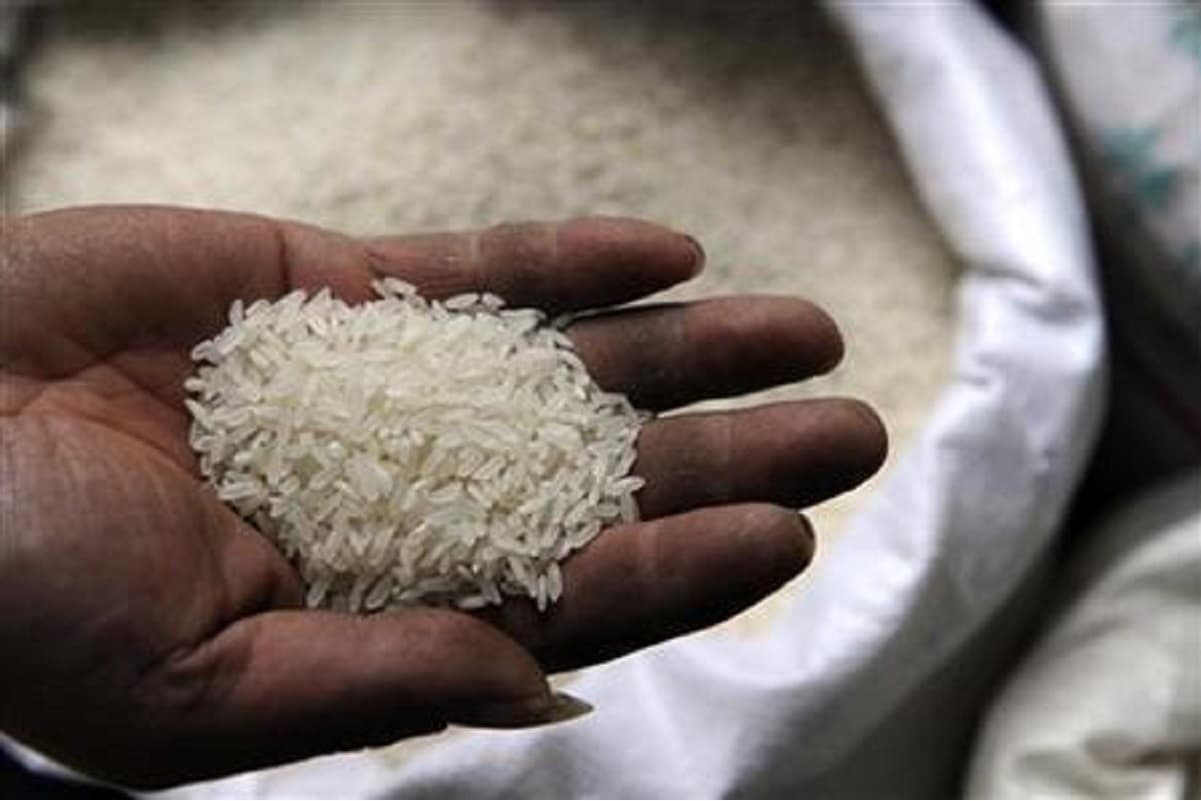
KUALA LUMPUR (Aug 6): The Institute for Democracy and Economic Affairs (IDEAS) has called on the government to prepare a concrete plan to liberalise the paddy and rice industry after the latter announced that Padiberas Nasional Bhd (BERNAS) will remain the single gatekeeper for rice imports.
On Tuesday, Agriculture and Food Industry Minister Datuk Seri Dr Ronald Kiandee said the government is currently in the midst of finalising the terms and conditions of the extension agreement, adding that Bernas will have more social obligations to meet under the new agreement.
IDEAS chief executive officer Tricia Yeoh said: “A concrete plan to liberalise the market, which includes increasing the capacity of smallholders and ease of entry into the industry, is required if the concession is extended."
“The timeframe of the extension should be reviewed as there are many missed opportunities and unintended negative consequences that come with the monopoly,” she said in a statement.
IDEAS researchers Professor Datin Paduka Fatimah Mohamed Arshad and Dr Tey Yeong Sheng, who have co-authored a report on the effectiveness of state trading enterprises in achieving food security, said while the government’s reluctance to revamp the local rice industry and decision to retain BERNAS’ monopoly is understandable as it is less disruptive and easier than changing a 50-year-old system, it has major consequences.
“The problems that plagued the industry will continue to exist, if not be magnified. Such a non-competitive structure is inequitable, which leaves the small producers, the losers in the supply chain and as they are dependent on subsidies to exist,” they said.
The researchers added that the monopoly explains the slow growth of the industry as well as the low investment of new capital and entry of young farmers into the industry, given the unpromising prospects.
“The market inefficiencies such as low quality of paddy and milling rate, limited technological progress, unethical marketing practices such as adulteration of rice, limited value-added activities, and minimal SME development will continue if the issues in the market structure are not addressed,” they added.
The researchers said if the government imposed additional social obligations on BERNAS, it would incur a higher cost to BERNAS which later may be transferred to producers or consumers either through lower price to producers or higher price to consumers.
“I think all stakeholders of the Malaysian paddy and rice industry should recognize that value chain development is the backbone of agricultural transformation. This is not just a matter of food security; it also concerns farmer and consumer welfare as well as improvement in the environmental and business ecosystems.
“If BERNAS is conceived as a change agent, BERNAS would have to take the lead in installing a competitive market, through empowering local entrepreneurs to seize opportunities and be part of nation building,” Tey said, calling on the government to facilitate through periodic monitoring and evaluation.
“Looking forward, since the decision has been made, there is now an urgent need to provide programmes that enhance the capacity of the smallholders by allowing them to participate in milling activities and input distribution as well as crop diversification.
“Cooperatives among farmers should be strengthened to improve their prospect of mobility in their business activities. Other public goods such as R&D have to be intensified to improve variety, cropping intensity, water management, small machines for small farms, sustainable practices, precision farming and so on,” said Fatimah.
“In the long run, creating more competition would generate more innovation in the paddy and rice industry, which would enhance our national food security and ensure that our domestic rice production can compete at the global level,” Yeoh added.